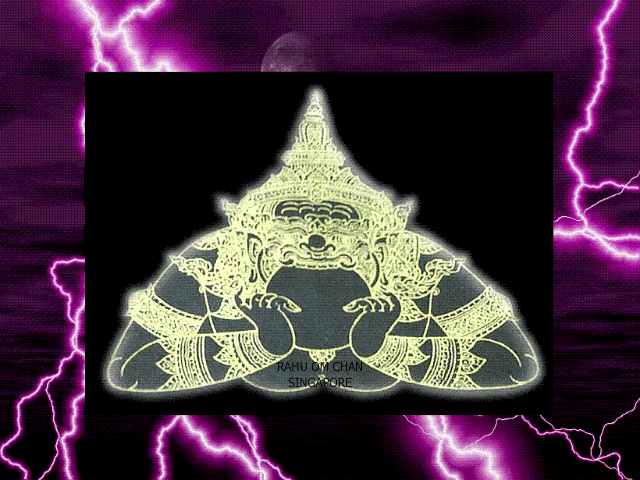When we were children, our need for food, clothes, love, and a proper environment to learn in were provided by our parents. We were dependent on them for our physical and emotional needs. As we matured we returned love and respect to our parents, which they gave so freely to us. If we are adopted by others, we learned to respect and love them as if they were our biological father and mother. As we travel through life we are often confronted with obstacles and problems, and we think of the advice or guidance our parents can provide for us. Our parents provided our needs and we continue to love and respect them. We respect our parents because of their concern and love for us. When we started school, our parents provided the necessary tuition and fees to support our education. After we graduated, planned for marriage, and began our own family, again, our parents continued to support us.
Children show love towards their parents to ensure and satisfy the child's material and emotional needs. A child's love to a parent is love without wisdom, because it is a love that does not lead one to the Truth of life or the Dhamma. The love that children have towards their parents is different from the love that Buddhists show toward the Dhamma. As a Buddhist adult, one learns to respect others.
For example, a husband and wife respect each other resulting in a household filled with peace and happiness. Regardless of the difficulties or obstacles they are confronted with they continue to support and love each other. If a couple is unwilling to respect and help one another, their marriage would probably consist of many arguments that ultimately lead to divorce.
In conclusion, friendships and alliances can still be established and maintained through respect. Mankind can achieve a far greater sense of happiness when humanity learns to respect each other, regardless of differences in skin color, religious beliefs, or nationality.
Every Buddhist believes and respects the Dhamma. Often it takes many lifetimes before a person to understand and come to respect the Dhamma. When a person loves and respects the Dhamma, he or she will develop more self-control and compassion towards others than the one who doesn't respect the Dhamma. That is, when one reaches the level of seeing the Dhamma sphere in one's own body, one will show a greater sense of compassion towards others. The people receiving the kindness and compassion are more likely to accept it and return the same kind of love and compassion towards others.
When one gives good to others, they will always receive good in return, it may be in the near future or the distance future, but good is always returned to the giver. This can also be interpreted as a person having power over another. In the Buddhist sense, power over another should not be looked at in a negative manner as one person having physical control over another, it should be looked at as a spiritual control, where goodness to others returns goodness to oneself.
The Dhamma Sphere is at the seventh base or the center of the body, in every sentient being. On the contrary, when one's mind wanders from the Dhamma Sphere, one can also become less fortunate. As one's mind wanders from the center, we begin thinking about worldly affairs that are less pure, our balance starts to shift and we become weak. We are no longer as productive or efficient because we have surrendered some of our purity to worldly desires.
From Luang Pu Wat Paknam's meditation experience, he assured that every sentient being has the Dhamma substance in a spherical shape at the center of one's body. A person will become more energetic and prosperous if the Dhamma Sphere is bright and clear, indicating pureness of the mind. It manifests that one's mind is pure and clear because it doesn't attach itself to worldly things or desires. By keeping your mind clear and pure and it is much easier to successfully complete any task at hand.
According to the Buddha, to respect the Dhamma, is to rest your mind at the center of your body until your mind comes to a complete stand still. The seventh base or the center of the body is the location of Dhammakaya, the body of enlightenment, that gives us the needed wisdom to understand the Truth of life.Naturally, a person's mind always wanders away from the seventh base and this results in thoughts about worldly materials. For example, as you read this message, your mind may be wandering around to different places such as home, entertainment, work place, school, or any other worldly place. As one's mind begins to wander it must be brought back by shifting your thoughts to the Dhamma Sphere located at the center of the body, or the seventh base. People with wisdom understand the importance of maintaining one's mind at the center of the body. In this manner of maintaining purity one is showing respect to the Buddha by accepting and practicing the teachings of the Dhamma.
Source - Dhamma Foundation
胡


No comments:
Post a Comment